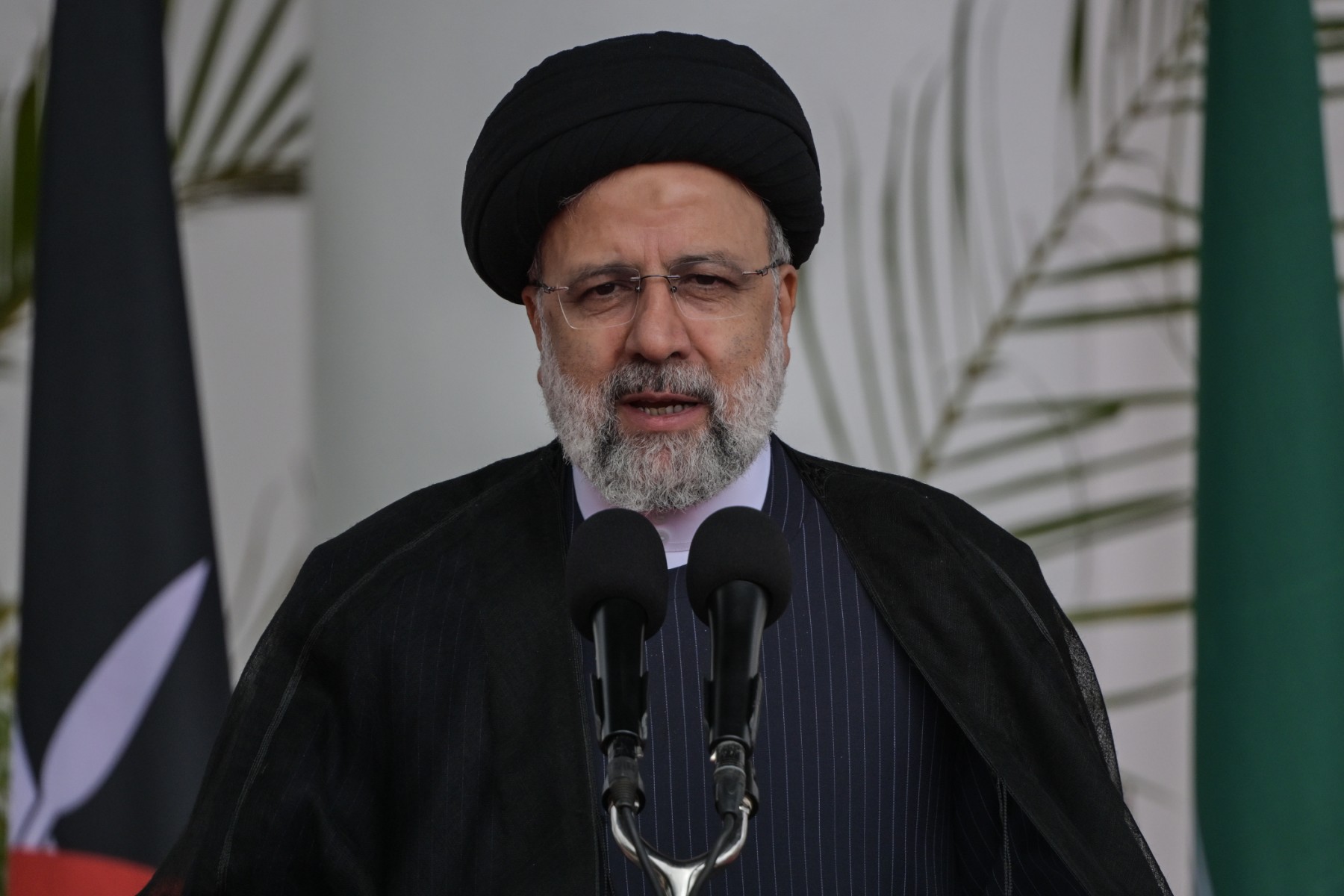Kuwait City, Kuwait – Kuwait’s top diplomat has been invited to visit Iran, state media said, amid a dispute over a gas field to which Kuwait and Saudi Arabia say they have exclusive rights.
The dispute over the field — known as Arash in Iran and Dorra in Kuwait and Saudi Arabia — dates back to the 1960s when Iran and Kuwait awarded overlapping offshore concessions.
Last year Kuwait and Saudi Arabia signed an agreement to develop the field, despite objections from Iran which in July said it was preparing to start drilling there.
On Thursday, Kuwait’s official KUNA news agency said Foreign Minister Salem al-Sabah had “received a letter from his Iranian counterpart… which included an invitation for an official visit to Iran”.
It did not say if the invitation had been accepted.
The dispute over the field — whose recoverable reserves are estimated at some 220 billion cubic meters (seven trillion cubic feet) — has long been a bone of contention between the three countries.
Iran and Kuwait have held unsuccessful talks for many years over their disputed maritime border area, which is rich in natural gas.
Recent attempts to revive negotiations have failed, and Iran’s oil minister on Sunday said Tehran may pursue work at the field even without an agreement.
The Kuwaiti and Saudi authorities said in a joint statement published on Thursday that “they alone have full sovereign rights to exploit the wealth in that area”.

